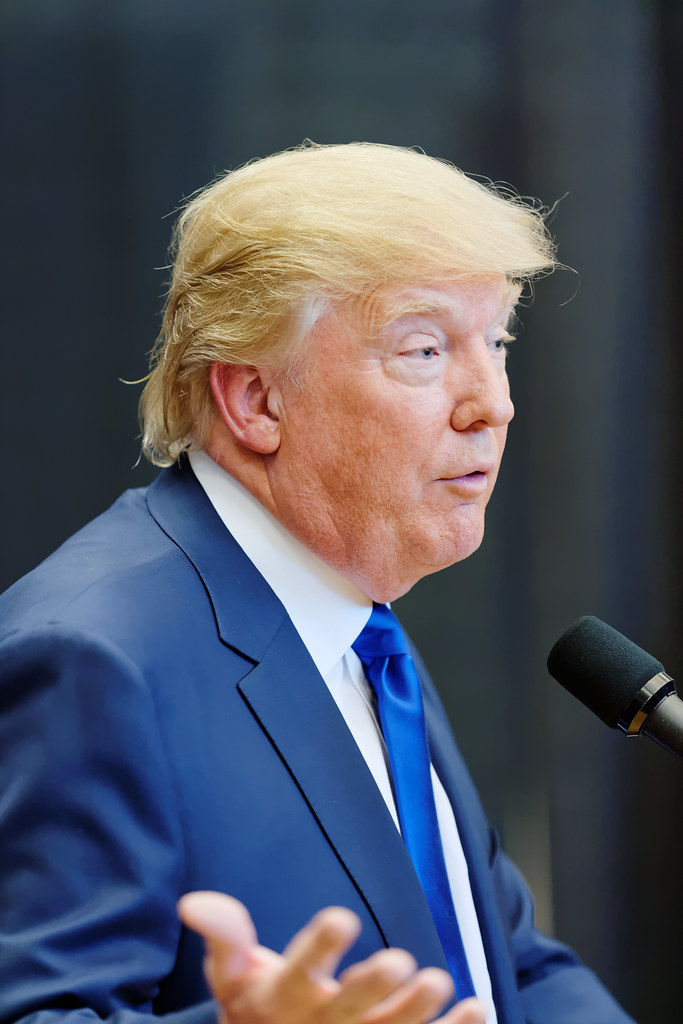Key Takeaways:
- President Trump refused to answer questions about Memphis deployment.
- Trump called a White House reporter obnoxious during the exchange.
- The move adds to Trump’s pattern of using troops in U.S. cities.
Memphis deployment sparks controversy
On Friday, a reporter asked President Trump about his plans for a Memphis deployment. Instead of answering, he waved her off. He then called her “obnoxious” and refused to talk until he chose a new questioner. This moment took place in the Oval Office, where Trump has faced tough questions before. The reporter wanted details on troop numbers and timing. However, Trump dismissed her and moved on. His reaction shocked many viewers and sparked a debate over press freedom.
Tensions rise over Memphis deployment
Trump announced a National Guard plan for Memphis earlier that week. He said he would send troops to help keep order in the city. Many people have protested against this plan. Meanwhile, critics worry the move could escalate violence instead of stopping it. In addition, some legal experts argue that using the military on American streets can violate the Constitution. Still, Trump insists his plan will protect communities from unrest. Therefore, the Memphis deployment debate grew even hotter after the press pool incident.
Trump’s broader military moves
This Memphis deployment fits into a larger pattern. Previously, Trump sent troops to Los Angeles during immigration protests. He also forced law enforcement in Washington, D.C. under federal control. Moreover, he threatened to use soldiers in Chicago, though local leaders resisted. Clearly, he sees military action as a tool for his domestic goals. However, many observers question whether this approach works. They warn it could harm civil liberties and public trust. Yet Trump shows no sign of backing down on these deployments.
What’s next for the Memphis deployment
The White House has not released exact troop numbers for this Memphis deployment. Some reports suggest hundreds of National Guard members could arrive soon. Local officials face tough choices. They can accept federal help or push back. The mayor of Memphis has not yet commented on Trump’s plan. Meanwhile, community groups demand more clarity on troop duties. They fear soldiers might use force against peaceful protesters. Therefore, residents are watching closely to see how events unfold in their city.
Why Trump’s response matters
Trump’s “obnoxious” remark struck a nerve in the media. Reporters say it felt like a direct attack on press freedom. They note Trump often criticizes journalists he dislikes. Still, many believe it crossed a line when he used that term in the Oval Office. Additionally, the incident highlights his tense relationship with the press. Each time Trump calls a reporter names, it fuels more debate about his leadership style. It also raises questions about how transparent he will be on the Memphis deployment issue.
Legal and political reactions
Lawmakers from both parties have weighed in on Trump’s troop plans. Some Republicans praise his commitment to law and order. They argue Memphis needs extra support right now. On the other hand, Democrats worry about military overreach. They say the Constitution limits the president’s authority in domestic affairs. Several civil rights groups are exploring legal challenges to the Memphis deployment. They claim it could violate citizens’ rights to free assembly. Consequently, a legal battle may be looming over this latest plan.
Community concerns and support
Local community leaders in Memphis have mixed feelings about this deployment. Some business owners want extra security after recent protests. They hope the National Guard can protect stores from looting. Meanwhile, activists warn that a military presence can intimidate peaceful demonstrators. They call for more dialogue and less force. Furthermore, faith groups in the city urge the president to consider non-military solutions. They believe that listening to local voices will bring lasting peace. As a result, Memphis deployment supporters and critics remain at odds.
Possible impact on future protests
Experts say this Memphis deployment could set a precedent. If Trump sends troops to Memphis, he might follow through on Chicago threats. He could deploy forces in other cities after protests. That worries civil rights advocates. They fear a new era of military crackdowns on American soil. However, supporters argue that serious protests sometimes require serious measures. Ultimately, the outcome in Memphis may influence national policy on how to handle unrest. Therefore, people across the country are watching closely.
Final thoughts
President Trump’s refusal to discuss his Memphis deployment plans with a reporter highlights broader tensions. On one side, he seeks to project strength by using troops. On the other, many worry about the rights of citizens and the role of the press. As debates rage in Washington and Memphis, the real test will come when troops arrive. Will they restore calm or ignite more conflict? Only time will tell how this Memphis deployment shapes the nation’s future.
Frequently Asked Questions
How many troops will go to Memphis?
The White House has not shared exact numbers. Reports suggest the deployment could involve hundreds of National Guard members.
Can a president send troops inside U.S. cities?
Under certain laws, yes. But using the military for domestic operations often raises legal and constitutional questions.
What do local leaders in Memphis think?
Opinions are mixed. Some welcome extra security, while others fear a military presence may harm peaceful protest rights.
Could this lead to more military deployments in other cities?
Yes. Many experts believe a successful Memphis deployment might encourage similar actions in cities like Chicago.
